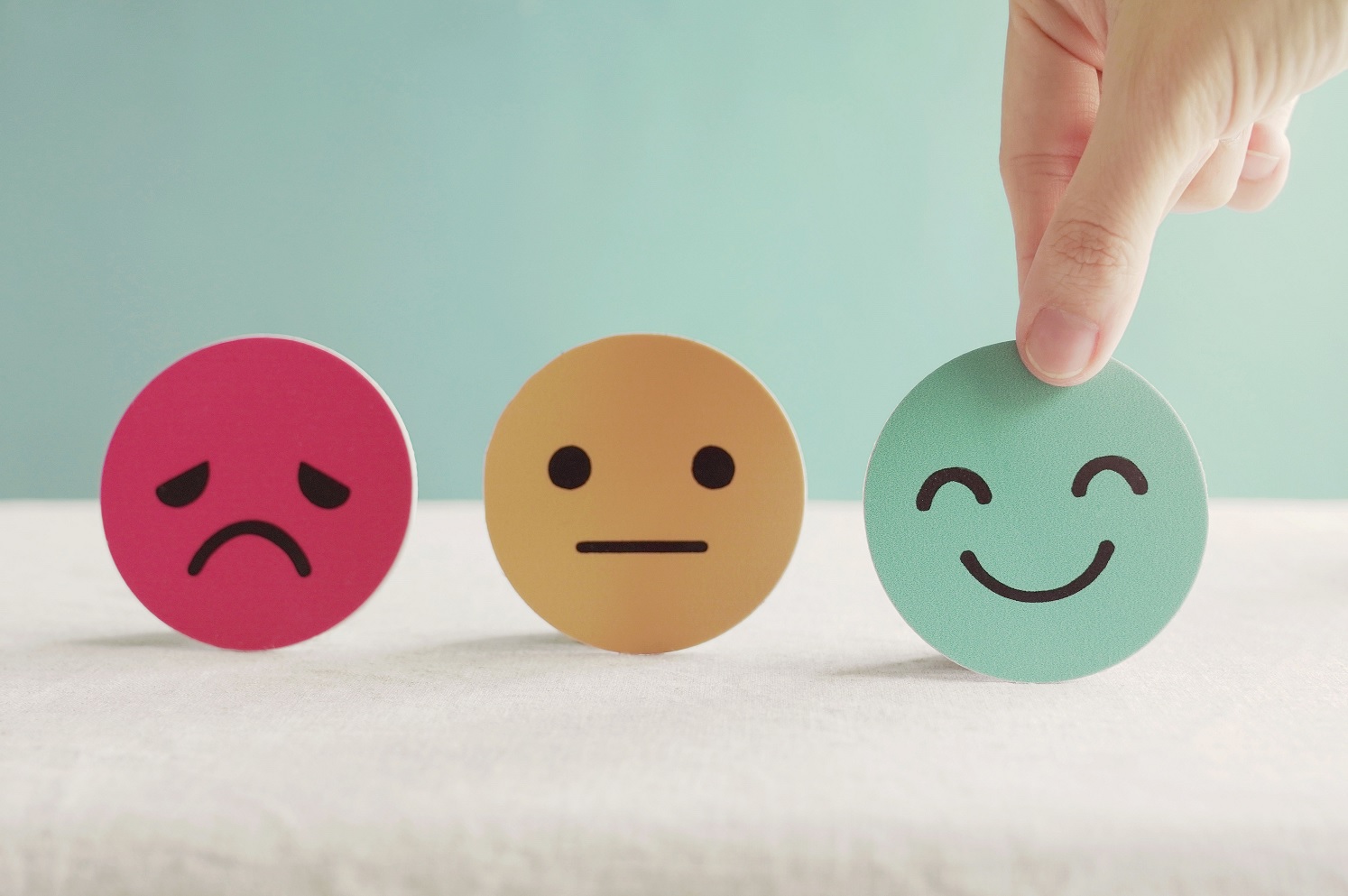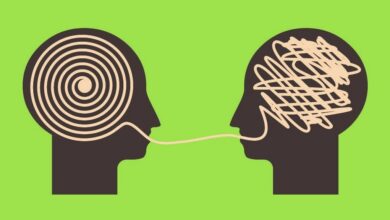Prioritizing Mental Health and Promoting Well-being
Managing Stress and Preventing Burnout
1 | Recognizing the Signs of Burnout
Burnout is a consequence of chronic stress and overexertion. Recognizing its signs—such as fatigue, cynicism, and reduced performance—empowers us to take preventive measures.
2 | Effective Time Management and Work-Life Balance
Balancing responsibilities and leisure time is essential for mental health. Effective time management and work-life balance strategies enable us to accomplish tasks while preserving our well-being.
3 | Strategies for Stress Reduction
Various techniques, such as progressive muscle relaxation, journaling, and engaging in hobbies, can help manage stress. By incorporating these strategies into our routine, we can alleviate tension and promote relaxation.
Seeking Professional Help
1 | Knowing When to Consult a Mental Health Professional
Seeking professional help is a sign of strength, not weakness. Recognizing when our challenges require expert guidance is a pivotal step toward holistic well-being.
2 | Types of Mental Health Professionals
An array of mental health professionals, including psychologists, psychiatrists, and therapists, offer specialized support. Understanding their roles empowers us to make informed decisions about our mental health journey.
3 | Dismantling Stigma: Embracing the Benefits of Therapy
Therapy offers a safe space to explore our thoughts and emotions. Even in the absence of diagnosed mental illness, therapy can provide valuable insights, coping strategies, and personal growth.
Creating a Holistic Self-Care Routine
1 | Designing a Personalized Self-Care Plan
Crafting a self-care routine tailored to our individual needs is paramount. Prioritizing activities that nourish the mind, body, and soul cultivates a comprehensive approach to well-being.
2 | Balancing Physical, Emotional, and Mental Well-being
A balanced self-care routine addresses all facets of well-being. Incorporating activities that promote emotional, mental, and physical health fosters a holistic sense of balance.
3 | Tracking Progress and Adapting the Routine
Evaluating the effectiveness of our self-care routine is crucial. Regular assessment allows us to make adjustments, ensuring that our practices align with our evolving needs and goals.
Semantically Similar FAQs
1 | Prioritizing Mental Health Amid a Hectic Schedule
Balancing mental health with a busy lifestyle involves setting boundaries, time management, and incorporating brief mindfulness practices throughout the day.
2 | Integrating Mindfulness into Daily Life
Practical ways to infuse mindfulness into your routine include mindful breathing, sensory awareness, and mindful eating.
3 | The Link Between Physical Activity and Mental Well-being
Engaging in regular physical activity releases endorphins, reduces stress, and boosts overall mood, contributing to improved mental well-being.
4 | Maintaining Work-Life Balance: Tips for Success
Effective work-life balance involves setting priorities, delegating tasks, and carving out dedicated time for relaxation and personal pursuits.
5 | Harnessing Social Support for Mental Health Challenges
Social support provides emotional validation, a listening ear, and a sense of belonging, all of which contribute to coping with mental health challenges.
6 | Recognizing and Preventing Burnout
Recognize burnout by paying attention to signs like chronic fatigue, reduced motivation, and emotional detachment. Taking breaks, setting boundaries, and seeking support are essential for prevention.
7| Managing Anxiety in High-Stress Situations
Grounding techniques, controlled breathing, and cognitive reframing are strategies that can help manage anxiety in stressful moments.
[adinserter block=”2″]
8 | The Benefits of Therapy for Everyone
Therapy offers a non-judgmental space to explore thoughts and feelings, enhance coping skills, and foster personal growth, regardless of whether a diagnosed mental illness is present.
9 | Building Emotional Resilience
Emotional resilience can be cultivated through practicing self-compassion, embracing change, and developing a positive outlook on challenges.
10 | Crafting a Comprehensive Self-Care Routine
A holistic self-care routine combines relaxation, creativity, and self-reflection, ensuring a balanced approach to overall well-being.
Conclusion
In the pursuit of mental health and well-being, adopting the MECE framework offers a comprehensive approach to addressing various aspects of our lives. By nurturing emotional resilience, fostering positive relationships, and seeking professional help when needed, we can create a self-care routine that ensures balance and harmony. Remember, achieving a state of well-being is an ongoing journey, and every step you take contributes to a healthier and more fulfilling life.





